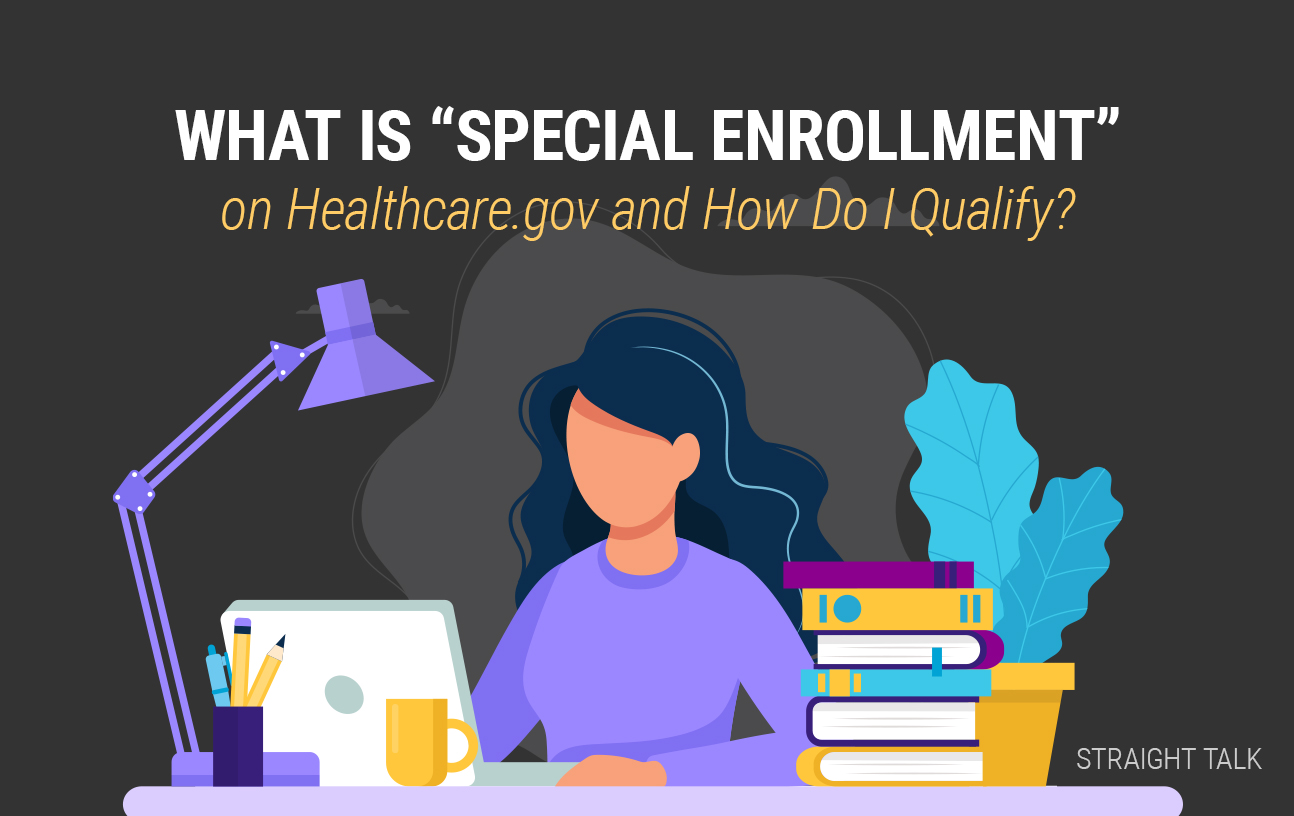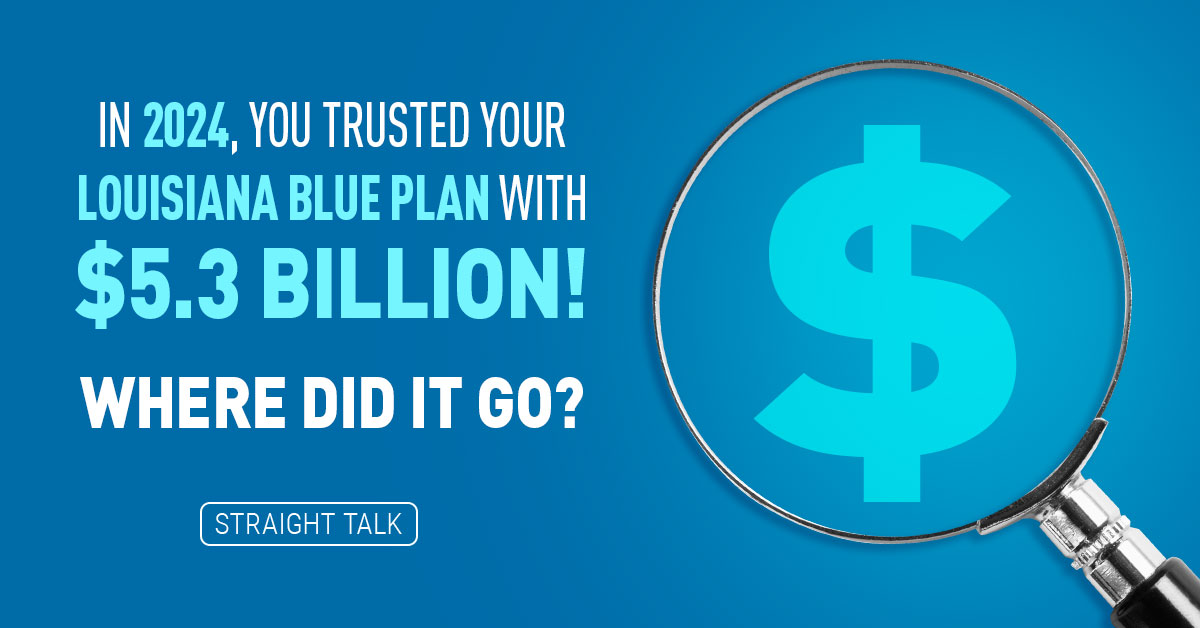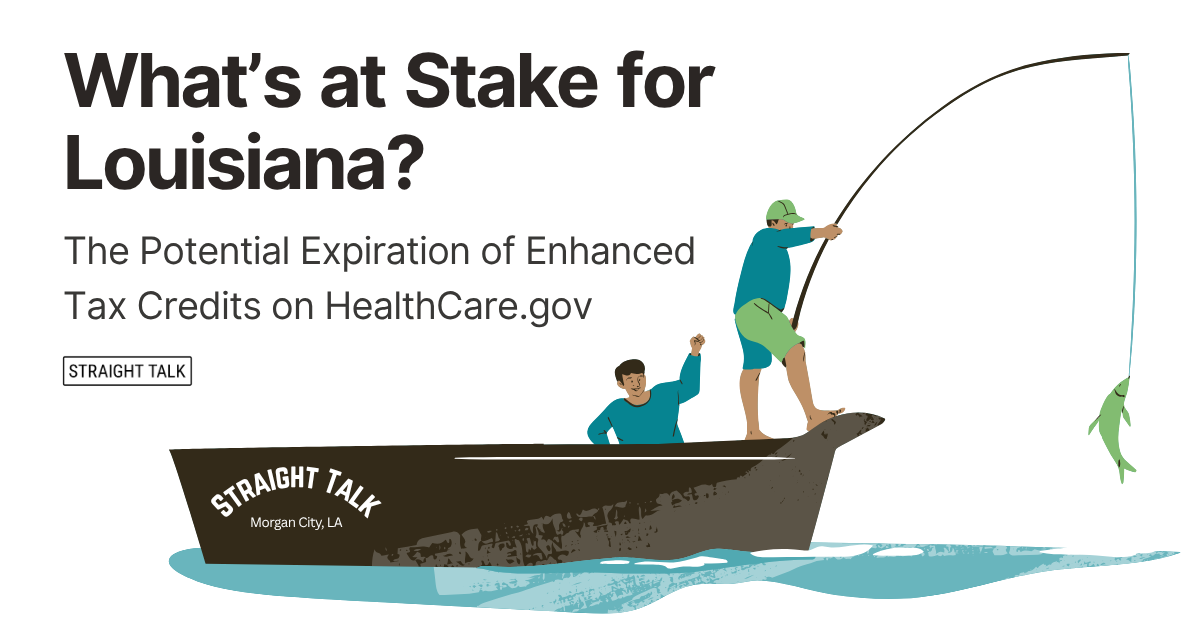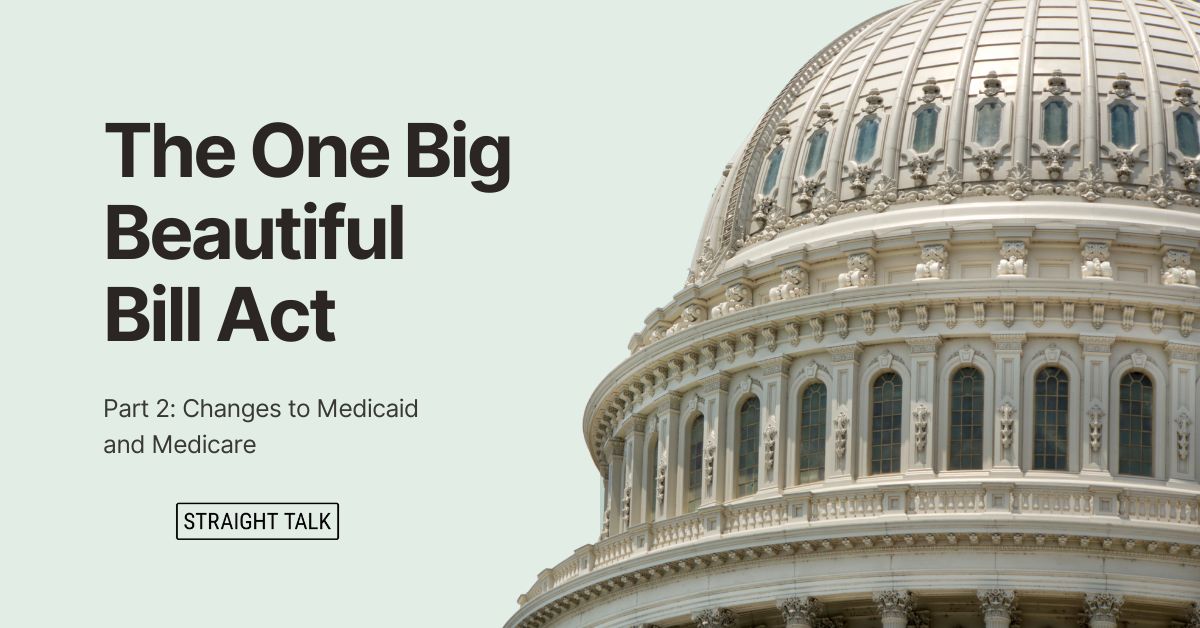Sometimes, dealing with a big bureaucracy with a ton of rules can be really, really frustrating. Dealing with lots of rules and regulations often makes folks want to tear their hair out. Life can be pretty complex on its own, without tons of rules to follow.
Every now and then, though, having a bunch of rules and regulations is a good thing. Like the many different ways you can trigger a Special Enrollment Period on healthcare.gov. Many of these also work for seniors who are Medicare eligible. We’ll talk about each of those and their options for healthcare coverage.
Special Enrollment Periods for Those Under 65:
Knowing all of the reasons that allow you to buy health insurance in the middle of a year, no health questions asked, is VERY important information. I mean, people normally don’t want to have to walk around without health insurance, but, in light of COVID-19, NOBODY should go uninsured right now. And since healthcare.gov distributes billions of dollars of federal assistance annually AND screens applicants for Medicaid eligibility, it is a critical tool in keeping yourself and your family covered with health insurance.
Cuts in working hours, furloughs, outright business closures and layoffs are a fact of life right now. And since most of us get health insurance through a job, our ability to stay covered is more important than ever. We’ve written in some detail about how Medicaid coverage works. Today, let’s talk about Special Enrollment Periods (SEP) on healthcare.gov and what triggers one.
Note: Most of these triggers open a 60-day window from the date of the event.
For example, getting married is a special enrollment trigger. Pick a plan by the last day of the month of when you got married, and coverage will start immediately on the first day of the new month!
If you have a baby, adopt a child or have a foster child placed with you, coverage for you, your new addition and even your whole family can start the day of the event, even if it’s up to 60 days later.
If you get divorced or legally separated AND lose your health coverage as a result, that also triggers a 60-day window to buy coverage on healthcare.gov.
And, heaven forbid, if someone covered on your Marketplace plan dies and you lose your coverage as a result, that triggers special enrollment, as well.
But wait, there’s so much more…
What if you move? If you move to a new ZIP code, or new parish/county AND had health coverage for even one day during the 60 days prior to your move, you can trigger special enrollment. Likewise, if you move back to the U.S. from a foreign country, you can trigger special enrollment (no prior proof of coverage required in this case). If you are a student moving to OR from the place you attend school, or you’re a seasonal worker moving FROM your worksite back home, these are also triggers for special enrollment on healthcare.gov.
Losing Coverage through Work Triggers Special Enrollment
And what about the big items today — losing your coverage through work? Let’s talk about how this can trigger a Special Enrollment Period on healthcare.gov.
So, what happens if you and your family are covered through your job-based coverage and your employer lays you off, shuts down or stops paying for your health insurance?
All of these INVOLUNTARY changes that affect your healthcare coverage are considered special enrollment triggers on healthcare.gov. In fact, you can apply for coverage up to 60 days in ADVANCE of the event if you know it’s coming, and then up to 60 days AFTER the event happens.
If you lose your work coverage through no action of your own, you and your family will have the benefit of a Special Enrollment Period on healthcare.gov. The key word here is INVOLUNTARY and refers to situations where you lose your job coverage for reasons outside your control, like getting laid off, furloughed or having your workplace close. If you quit your job, changed employers or chose to drop coverage for you or your dependents, that is typically NOT an open enrollment trigger. (Be sure to check with healthcare.gov if you are unsure).
Other Situations
It’s also entirely possible to lose individual health insurance coverage that you bought for yourself. For example, the carrier could stop selling where you live, or stop selling the particular policy you previously signed up for on healthcare.gov. Both would trigger a 60-day Special Enrollment Period on healthcare.gov.
Likewise, if you move somewhere outside your current policy’s service area, or the carrier moves coverage to somewhere you don’t live, that also would trigger special enrollment.
Sometimes, transitions between public and private health insurance can be quite challenging. Here in Louisiana, the Department of Health checks Medicaid recipients’ incomes regularly, and if that income goes above the qualifying range, the state will remove that person from Medicaid. Not to worry, Medicaid terminations are also special enrollment triggers for healthcare.gov. Anyone losing any federal or state health plan coverage should immediately apply on healthcare.gov and explore their options. Every single time.
And if a family loses its Medicaid coverage, parents may still be able to find coverage for their children under age 19 may through LaCHIP, Louisiana’s Medicaid health insurance program for children. Through LaCHIP, children can qualify for coverage through Medicaid up to 217% of FPL. That’s a higher Federal Poverty Level income limit than adult Medicaid.
The common thread to most of these special enrollment triggers can be summed up in the word INVOLUNTARY. You usually cannot trigger special enrollment because of your deliberate actions, like if you stop paying your premiums or drop your employer’s coverage for yourself or a family member. The only voluntary SEP triggers are changes to marital status, having a baby or moving.
And let’s not forget those kids aging off their parent’s plans. Turning 26 and losing coverage under your guardian or parent’s plans is always a trigger for a Special Enrollment Period. That’s very important to keep in mind. Don’t think that just because you’re young means you’re invincible, especially during this current health crisis.
Finally, there are a few other qualifying special enrollment events:
- Gaining membership in a federally recognized tribe; or
- Becoming a U.S. citizen; or
- Leaving incarceration; or
- Starting or ending service as an AmeriCorps State and National, VISTA or NCCC member.
Check this list for a much more nuanced catalog of special enrollment triggers.
Coverage Options for People 65+
While there is a set Annual Enrollment Period for Medicare, you can make changes to your Medicare Advantage and/or Medicare prescription drug coverage if certain events happen in your life. For example, if you move or you lose employer-based or other insurance coverage, these changes can trigger a Special Enrollment Period for your Medicare coverage. Rules about when you can make coverage changes and the type of changes you can make are different for each Special Enrollment Period when you are on a Medicare plan.
You can find lots of details on those topics here. I don’t want to leave anyone out!
I think we can all agree that’s a lot of rules!
But Straight Talk is, in our current situation, these rules could certainly work in our favor and help more Louisianans stay covered with health insurance when they need it the most. Hundreds of thousands of people in our state have had their work interrupted so much, they have filed for unemployment benefits. So, if your coverage is interrupted, don’t panic just yet. Go to healthcare.gov, create an account and see what you can qualify for in your new financial state. You might be pleasantly surprised.





Hey Mike, lets make sure they call their beloved Health Insurance agent for answers
Wayne!
Absolutely correct! We are blessed to have over 1,000 licensed and registered health insurance agents here who do business with BCBSLA and are a huge resource when people have problems with healthcare coverage. Don’t hesitate!
thanks..mrb